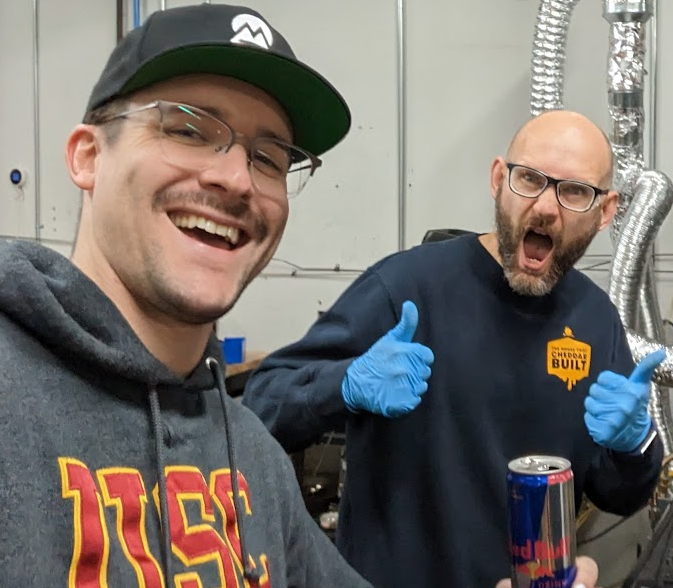
Technical training modules
Select any combination of the training modules below. They can be grouped any way you like.

Engineering Training Modules
Test Planning & Design of Experiments
- Key approaches to testing: How to determine which testing approach is best for achieving our specific goal
- Test planning documentation & processes: How to efficiently craft and refine a test plan for maximum likelihood of success
- Strategic subset testing: How to save time and effort, and make LEAPS in progress, by employing strategic subset tests
- Design of Experiments basics: How to determine if DOE is the right approach + Crash course on how to implement a DOE
- The Design-Build-Test cycle: How to set this up for maximum iteration rate AND quality of results
- Simulation-test agreement: How to constructively rectify disparities between simulation and test results
Key Engineering Tools
- Gantt charts for complex projects: How to properly define a Gantt chart for projects with high complexity or uncertainty
- Communicating progress on complex projects: How to properly and constructively communicate progress on complex projects
- Task management tools: What tools are available and what are their strengths and weaknesses?
- Task definition & tracking in complex projects: How to effectively define and track tasks in complex technical projects
- Kan-ban systems: When and how to properly use a Kan-ban system to manage engineering projects
- Automated task management: When to use automation (and when not to)
- Scheduling engineering activities: Tips and tricks for using calendars wisely to keep the team moving quickly
- Resource tracking systems: How to implement and use various resource tracking systems
- Collaboration software tools: How to leverage software tools for efficient collaboration
- AI as a productivity tool: How to leverage AI wisely in an engineering endeavor
Key Engineering Processes
- Weekly kickoff meetings: How to set up weekly kickoff meetings to for optimal team alignment
- Work assignments & delegation: How to assign work & delegate tasks tactfully to ensure buy-in
- Daily standup meetings: How to run maximally efficient daily standups
- Sprint planning vs “waterfall” planning: How to determine which is best for achieving our specific goals
- Design Review meetings: How to run maximally efficient Design Review meetings
- Data Review meetings: How to run Data Review meetings to ensure both maximal learning and efficiency
- Test Planning meetings: How to run maximally efficient Test Planning meetings
- Introducing new processes: How to introduce a new process properly and tactfully for minimal resistance
R&D and Innovation Training Modules
Research and Development [when the path to the goal is unknown]
- Understanding risk factors: How to categorize risk factors and respond to them appropriately
- Dealing with “unknown unknowns:” Why traditional project management is not suited for these (and what to do instead)
- The R&D mindset: How to set appropriate expectations, boundaries, and priorities in an R&D endeavor
- Key approaches to R&D: How to determine which approach to R&D is best for achieving our specific goal
- Key “ingredients” of R&D: How to set up an R&D program with optimal team composition, processes, and workflow
- Goal setting in R&D: How to set appropriate goals success metrics in R&D endeavors
- Managing R&D efforts: How to set up proper incentives and performance management systems in R&D endeavors
Innovation [when there is a known path but potentially better paths exist]
- The innovation mindset: How to balance innovative & routine work in light of company goals
- Responding to failure: How to respond to negative results and extract maximum value from them, while keeping the team positive
- Key approaches to innovation: How to determine which approach to innovation is best for achieving our specific goal
- Key “ingredients” of innovation: How to set up an innovation program with optimal team composition, processes, and workflow
- Invention Sessions: How to set up invention sessions for maximum creativity AND efficiency
- Stage-gate planning for innovation: How to properly plan innovative work and know when to stop or advance